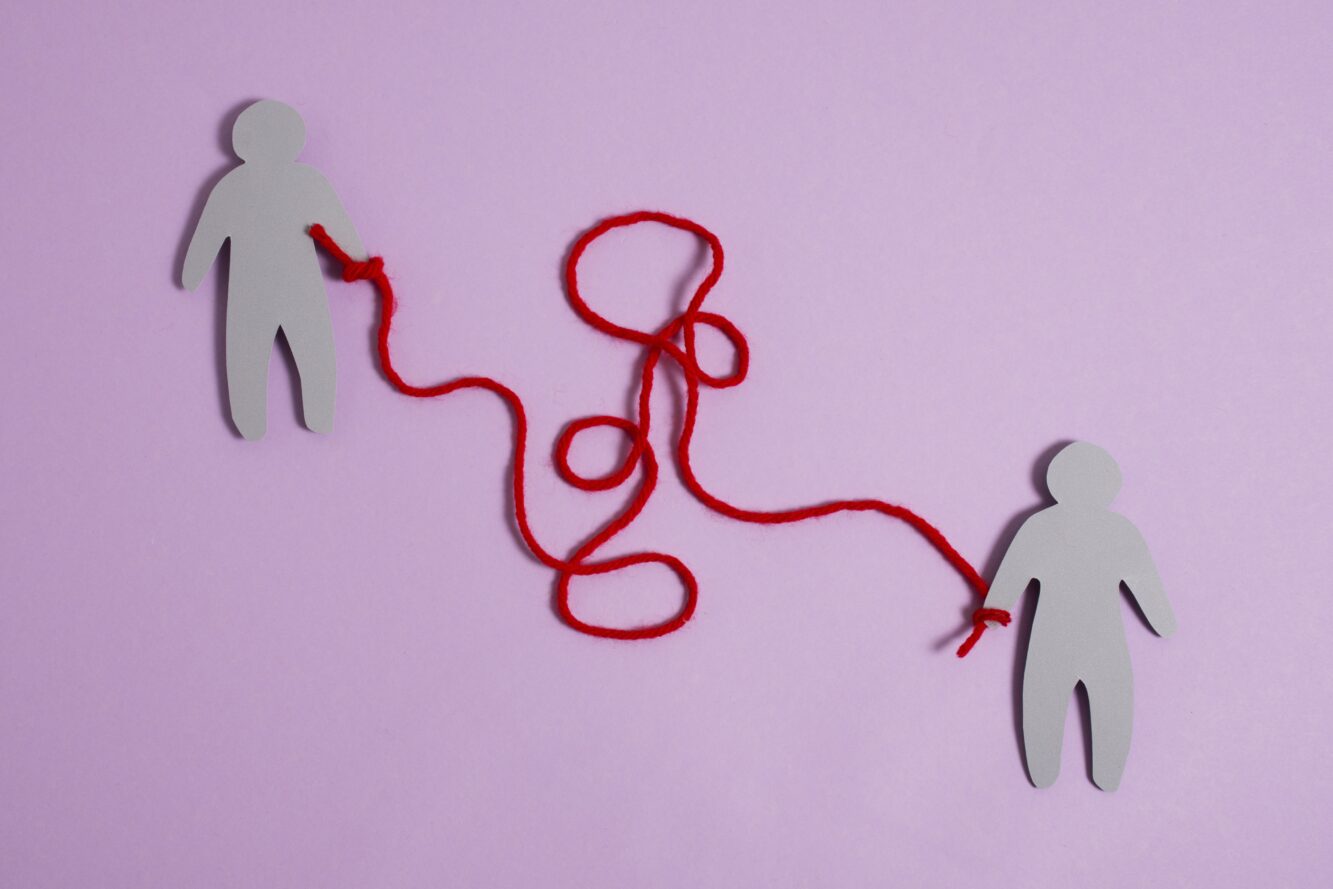Typically when we think of addiction, we think of alcohol, drugs, sex, or gambling. Although not yet an official diagnosis, a more common, yet far less known form of addiction is an addiction to people.
Research from 2016 suggested feelings of intense romantic love activate regions of the brain’s “reward system” — the same regions engaged with substance use disorders.
Since romantic love activates this system, people in love may experience many of the same behaviours associated with substance use disorders, including cravings and withdrawal.
Codependency, or a people-addiction, is a result of unmet childhood needs. As children, we rely on our parents to nurture both our physical and our emotional development. Often, for whatever reason, our emotional needs aren’t met. We may have parents who love us dearly but have not learnt how to meet their own needs, or ours. We may have a parent who suffers from depression or other mental health issues. We may lose a parent. We may have emotionally immature parents. Absent parents for whatever reason.
But when parents do not meet our emotional needs, as a child, we don’t blame our parent. We blame ourselves, believing we are unloveable, or there is something wrong with us. We start to develop abandonment wounds which will lead to a wounded inner child.
Codependency becomes your personality. The way you cope with life. Instead of looking after ourselves, we search for ways to help and look after others, and they reward us with their friendship, compliments, and praise in return. In this way, we come to depend on others for our sense of self-worth.
A people addiction means that we are constantly craving approval from others, and seeking external validation. We have no self-love or belief that we are important. And if we perceive that we may be abandoned or rejected, it’s emotionally crippling. The pain can be as intense, emotionally and physically, as withdrawal from any other substance addiction.
Symptoms of codependency/people addiction include:
• Feeling lost or uprooted without a partner
• Stalking your partner/friends
• Feeling irrationally jealous if your partner/friends spend time without you/with others
• Feeling overly dependent on your partner
• Prioritising the relationship with a partner over family and friends
• Becoming depressed and obsessed with a love interest when romantic advances aren’t reciprocated
• Constantly seeking romantic relationships regardless of quality
• Feeling despondent without a romantic partner or relationship
• Having difficulty leaving unhealthy, abusive or toxic relationships
• Making poor decisions based on emotions felt toward a partner or love interest (e.g., quitting a job or cutting ties with family)
• Having to be in constant contact with others and not being able to sit with yourself alone without distractions
• Obsessively thinking of the other person to the point of disruption
• Trying to control others behaviour or moves
We all have an ‘inner child‘ which is an unconscious archetype coined by Carl Jung. It holds our vulnerability, spontaneity, creativity, curiosity, and magical ideas. It also holds fears, anxiety, shame, loneliness, and insecurity experienced growing up and is a vital part in healing trauma.
Our inner child manifests through our beliefs and actions and can have a negative influence on our thoughts, feelings, interpersonal behaviour, and choices as adults. To heal trauma, we must develop a relationship with our wounded self.
Your inner child is waiting for resolution and for peace.
Are you ready to heal your wounded inner child, abandonment wounds and codependency?
Andrea x

